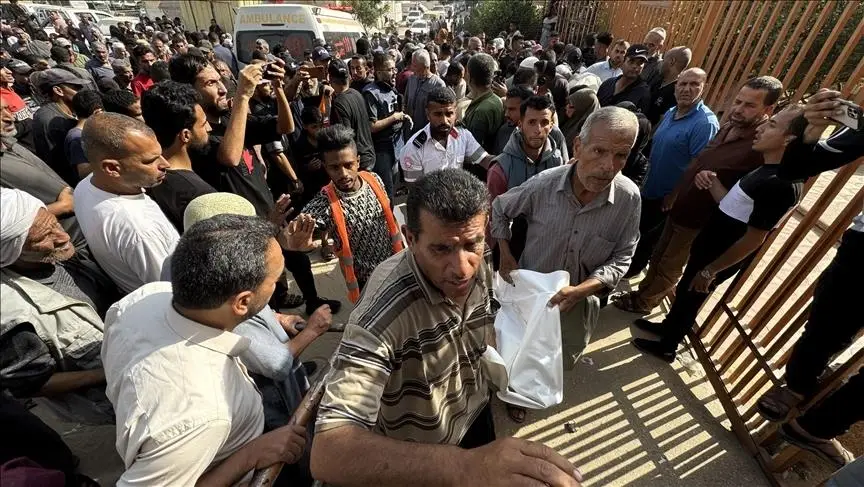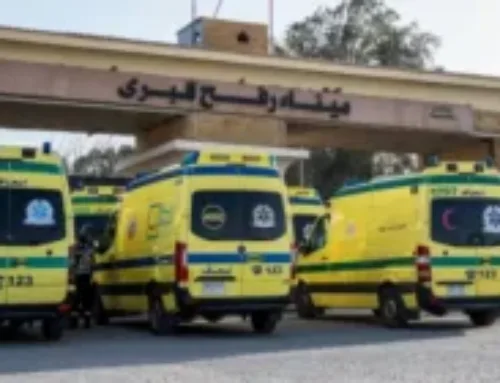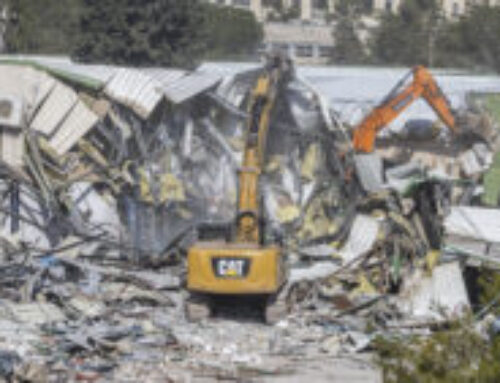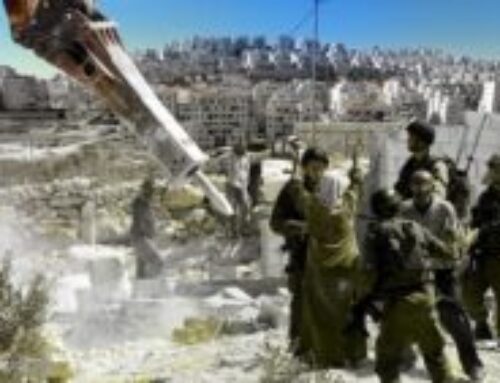The Gaza Strip is facing a suffocating humanitarian catastrophe due to a full-scale blockade imposed by the occupying entity since early March 2025, which has led to an almost total halt in the entry of food and medical supplies.
International organizations have warned of the looming threat of famine in the territory, which has suffered under years of siege, severely impacting individual health and food security.
Médecins Sans Frontières (Doctors Without Borders) confirmed that 100% of Gaza’s population is at risk of famine due to the ongoing blockade and the closure of crossings. Over 116,000 tons of food aid—sufficient to feed one million people for four months—remain stuck at the border, intensifying food insecurity.
Relief reports indicate that 80% of families rely on aid, and 8 out of 10 households may not find food if the blockade continues.
Targeting Civilians at Aid Distribution Points
Amid the deepening hunger crisis, reaching aid has become a life-threatening endeavor. On the morning of June 3, 2025, 27 civilians were killed and dozens injured by the usurping entity gunfire as they attempted to access an aid distribution site in Rafah. This was the third such massacre in as many days, following the killing of 32 Palestinians on June 1 in a similar incident.
International organizations have condemned these attacks. Doctors Without Borders described the new aid distribution system as inhumane, dangerous, and ineffective, saying it directly led to avoidable civilian deaths and injuries. The organization warned that “dozens of Palestinians are being killed at aid sites managed by the United States and (Israel),” calling the pattern systematic and alarming.
The UN High Commissioner for Human Rights considered these repeated incidents unacceptable, asserting that deliberately blocking food from reaching civilians may amount to a war crime. Commissioner Volker Türk called for an immediate, independent investigation into the killings in Rafah, emphasizing that “targeting civilians is a grave breach of international law and a war crime.”
International and Humanitarian Response
Humanitarian bodies are sounding the alarm, warning that current policies in Gaza are driving the region toward a full-blown humanitarian disaster. UNICEF Executive Director Catherine Russell stated that hunger and malnutrition have become a harsh daily reality for Gaza’s children, urging an immediate end to the blockade and unfettered access for humanitarian aid.
Organizations like the World Food Programme and UNICEF reiterated their full readiness to distribute food aid currently stockpiled at the crossings, emphasizing that the only delay is due to imposed restrictions, despite soaring hunger and growing risk to hundreds of thousands.
Against this backdrop, the repeated targeting of civilians waiting for food aid—particularly in Rafah and western Gaza—emerges as a double crime: one against the hungry, and another against humanity itself. A recent report by the UN Human Rights Office stated that “deliberately preventing access to food for civilians may constitute a war crime,” clearly pointing to the occupying entity’s direct responsibility for the ongoing tragedy.
The world now faces a true moral test: between those who weaponize hunger, and those struggling to deliver a piece of bread to the starving. What is urgently needed today is not more statements—but immediate action to save those still clinging to life in besieged Gaza.





